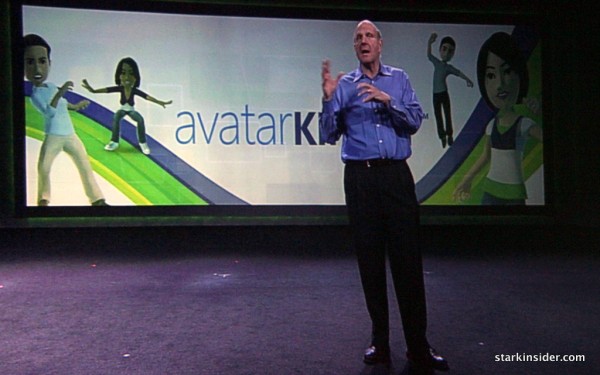
The Ballmer era is ending.
It was once glorious – then again, most of the good times at MSFT came when Bill Gates was still actively managing the company. It’s good news. New leadership is clearly needed. A fresh perspective and young thinking could help the company shed its shrinkwrap legacy.
Despite the problems with the Surface tablet (the minor issue of the almost $1 billion write down, for instance), the disastrous Windows 8 launch, and languishing performance of its mobile platform, Redmond and its cadre of talent refuse to give up easily.
In some ways, that a user interface as strikingly beautiful and surprisingly functional as “Metro” was born (from scratch no less!) out of a company that once invented “Bob” and “Clippy” is nothing short of astounding. If Surface, Metro and Win 8 mobile had landed years earlier–when it needed to–Microsoft’s share of the smartphone and tablet market would surely be better than its current ~4% tally. Clearly, management is to blame for those costly delays.
At 2011 CES I recall a jumpy, feisty, yelly Ballmer doing his thing at a keynote. Save for XBOX it was all smoke and mirrors. There was incessant talk and promise of a Microsoft tablet. None existed, or would exist for years to come. Meanwhile, Android, Apple, and even BlackBerry (!) were all storming the market with tablets. Real tablets. That you could see and touch in the exhibit hall. He’s toast, I thought then, naively thinking that Ballmer would be shown the door by the board.
Ballmer’s legacy will be controversial. There’s no question he was key in the company’s early success. How much of that gets apportioned to him is a matter of debate. Bill Gates was the visionary, he the lieutenant; the partnership was extremely potent… back then.
So what about the next guy, or woman?
Here’s a to-do list. Some ideas that could help keep Microsoft not only relevant, but a winner for the next decade.
1. Kill Surface RT
It’s pretty much already dead. The biggest issue: consumer confusion. It’s Windows, but not really Windows. Simplift the tablet strategy with just one model.
2. Spin-off XBOX
Highly unlikely that Microsoft would ever spin-off XBOX. It’s a hugely important brand. But you have to wonder, with the decline of console gaming, if its best days are behind.
3. Embrace the Beta
Yes, Windows 8.1 has been in public beta. But I’d like to see Microsoft iterate faster with its product cycles. Amazon, Google, Apple, and Samsung all seem far better at getting new stuff out the door – even if it means tagging a cloud service, for example, as “beta.”
4. Buy BlackBerry
A great enterprise mobile play. Microsoft + BlackBerry. Culture could be a challenge though.
5. Get Radical
Let staff do what they want one day a week – similar to Google’s 20% free time. But only allow that work to be applied to projects that: (a) have 30% y/y+ revenue growth opportunity; (b) Microsoft can take first or second in market share within 18 months; and (c) have nothing at all to do with the Windows desktop, Office, or the Start menu.
6. Make Windows Open Source
Just a thought. What if…?
7. Drop the negative anti-Apple ads
They’re embarrassing. Showcase the positive, the potential of your products – don’t slam the competition. Consumers react best to emotional attachment and inspiration, not to negative campaigning.
8. Help developers get rich
And quick. Without developers on board, there’s little long-term hope. Microsoft already knows this, of course. The solution is not easy. Android and iOS get the majority of attention, and receive priority funding and effort. Money and marketing muscle are two ways to get momentum back.
9. Tie all management bonuses to taking share away from Google, Apple and/or Amazon
If you want to earn big at Microsoft, you need to gain market share. Profitability measures would still need to be in place to ensure short-term decisions didn’t compromise long-term viability.
10. Embrace fun again

